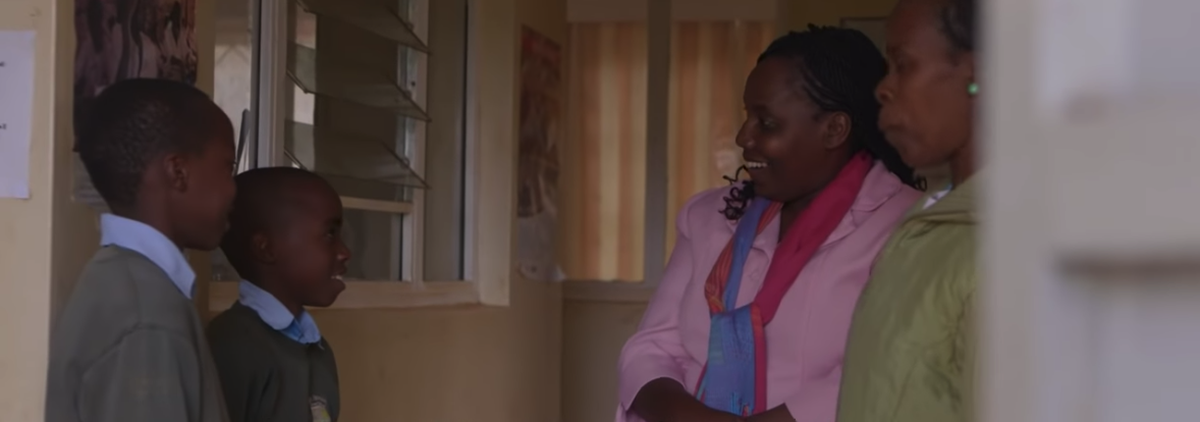A new film released today has exposed the stark reality of the orphanage voluntourism industry, where volunteers travel to the developing world hoping to do good.
The powerful new documentary, supported by Lumos, shows how a constant supply of volunteers to orphanages undermines global efforts to support family and community-based care for children.
Watch the 1-Minute Trailer here
To watch the full documentary and to pledge your support, visit the campaign’s dedicated website at www.loveyougive.org
The Love You Give features personal stories of care leavers, former volunteers and experts who explain the harm of voluntourism. It also includes ways young people can be part of the solution by supporting community initiatives to strengthen families.
Chloe Setter, Lumos’ senior advisor on anti-trafficking and voluntourism, said: “Volunteering in orphanages is often done with the best of intentions, however it has completely the opposite effect.
“Foreign donations and volunteers fuel the multi-million dollar business of orphanages and can actually drive orphanage trafficking.
“Volunteers are often unaware that the constant influx of different visitors is harmful to the wellbeing of the children who are supposedly being helped, placing them at an increased risk of exploitation.
“I urge potential volunteers to re-think any plans to visit in an orphanage and instead do their research and ensure they give smartly - supporting families to stay together.”
The documentary was commissioned by global care organisation Better Care Network, which through a coalition called ReThink Orphanages works with leading children’s charities such as Lumos, Save the Children and Hope and Homes for Children, as well as international volunteering organisations, to end the popular practice of orphanage volunteering. The coalition also works to channel efforts towards programmes designed to prevent family separation.
Justine Williams, campaign manager at Better Care Network, said: “We’ve learned that traditional campaigns and messaging about this issue don’t work, therefore we needed to create a social movement to engage young people in understanding that their good intentions are simply perpetuating the cycle of children needlessly being placed in orphanages.
“We also want to show how they can be part of the solution to stop this happening.”



